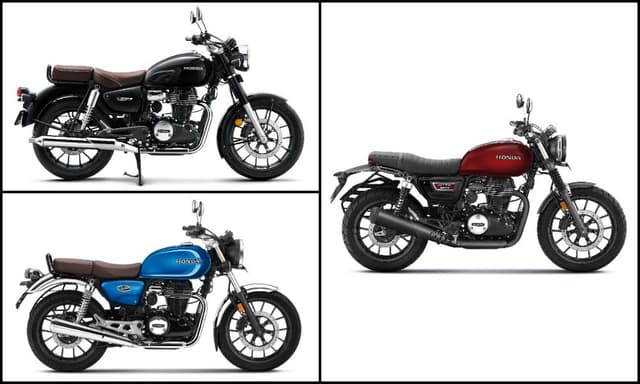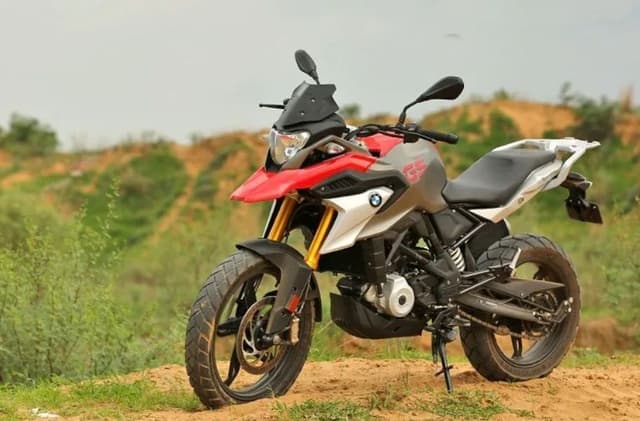KPIT And CSIR Successfully Test India's First Indigenous Fuel Cell Vehicle Prototype

Highlights
- The prototype is running on an indigenously developed fuel cell stack.
- It offers a range of 250 Km under typical Indian road conditions.
- The FC vehicle is equipped with a Type III commercial hydrogen tank.
The Council of Scientific and Industrial Research (CSIR) and KPIT has successfully completed trials of India's first Hydrogen Fuel Cell (HFC) car. The prototype is running on an indigenously developed fuel cell stack at CSIR-National Chemical Laboratory in Pune and they have developed a 10 kWe automotive grade LT-PEMFC fuel cell stack based on CSIR's know-how. It's using a low temperature Proton Exchange Membrane (PEM) type Fuel Cell that operates at 65-75 degree centigrade, which is suitable for vehicular applications.
The powertrain of the PEM fuel cell technology includes the membrane electrode assembly and KPIT expertise is in stack engineering which includes light-weight metal bipolar plate and gasket design, development of the balance of plant (BoP), system integration, control software and electric powertrain that enabled running the fuel cell vehicle. The fuel cell stack uses extremely thin metal bipolar plates, thus reducing the stack weight by about two-thirds. The FC vehicle is equipped with a Type III commercial hydrogen tank. Its capacity is around 1.75 Kgs of H2 stored at about 350 bar pressure, giving a range of approximately 250 Km range under typical Indian road conditions at moderate speed of 60-65 Kmph. The entire fuel cell stack and its associated components with power train were retro-fitted in a standard 5-seater sedan car.

KPIT and CSIR team with the fuel cell vehicle prototype.
Ravi Pandit, Chairman- KPIT said, "The successful trial of the technology is a proud moment for all of us. The technology has a great future and owing to its indigenous development, is expected to be more commercially viable than ever before. This is our contribution to the country's technological growth and vision. It is an important technology that will help India significantly reduce pollution and reduce our fossil fuel imports."
The trials were run on a battery-electric passenger car (Mahindra e-Verito) and it was retrofitted with the Fuel Cell Stack. However, it is expected that the technology is more suited for commercial vehicles (CV) such as buses and trucks. Battery electric buses/ trucks require a large battery to achieve the desired operating range. In comparison, HFC technology requires a much smaller battery for a very large operating range. Hence, HFC technology offers more promise for the CV segment.
Related Articles
Latest News
- Home
- News
- Electric Mobility
- KPIT And CSIR Successfully Test India's First Indigenous Fuel Cell Vehicle Prototype












